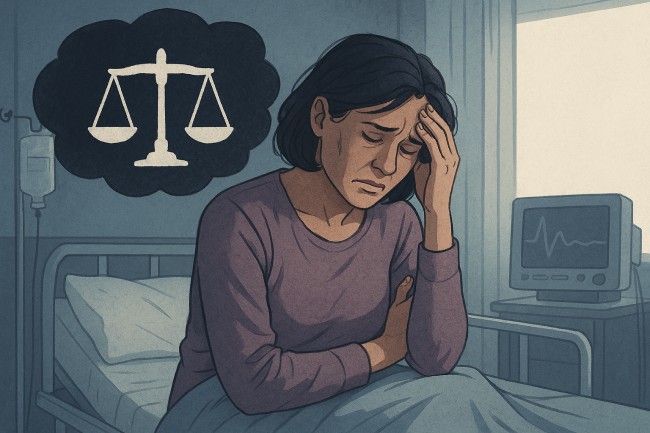The Emotional Toll of Medical Errors: Seeking Support and Justice

When you’ve undergone medical treatment that hasn’t gone according to plan, it’s easy to feel emotionally bruised by it. After all, you’ve entrusted your body to the care of other people, and you’ve been let down. Emotional consequences are common, and only natural.
Processing the emotional impact of medical negligence can be a vital – but rarely-discussed – part of a recovery. Let’s take a close look at how you might approach it.
Recognising the Emotional Impact
Everyone is affected slightly differently by this situation. For some, anxiety and depression might be a natural response. Others might feel a natural aversion toward healthcare providers in the future, even if they can’t rationally justify it. This might mean mistrusting the NHS, or even the entire world of medicine.
Whatever your reaction, it can be useful to express your feelings. You might talk to a friend or a loved one, or you might speak to a professional counsellor. For many, the simple act of writing a private journal can be enormously valuable – even (and often especially) if no one ever reads it.
The Role of Legal Support
If you feel that you’ve suffered an injustice, and that injustice has yet to be remedied, it’s only a short step to feeling that the matter is not yet closed. It’s easy to perceive that others don’t believe in what you’ve gone through, or don’t consider your suffering worthy of consideration. And, from here, it’s only another short step to believing these things yourself – even if no one has said anything out loud.
This is where the legal process can provide considerable value. It’s not just about getting a payout, but also a sense of validation and closure. You might be surprised at how emotional your reaction is when a lawyer tells you that your case has merit, or when a court finds in your favour. As such, it’s a good idea to look for a specialised local solicitor. If you’re based in Merseyside, for example, you’ll want to look at the medical negligence solicitors Liverpool has to offer.
Steps Toward Healing
A recovery doesn’t often occur all at once. In most cases, it’s an accumulation of many small steps. You can maintain a sense of progress and focus by thinking about the next one, while also forming a long-term plan. Your needs might differ from those of others, and so you’ll want to plan your recovery according to what you feel that you need. This might mean joining a support group, seeking a professional counsellor, or pursuing legal action.



